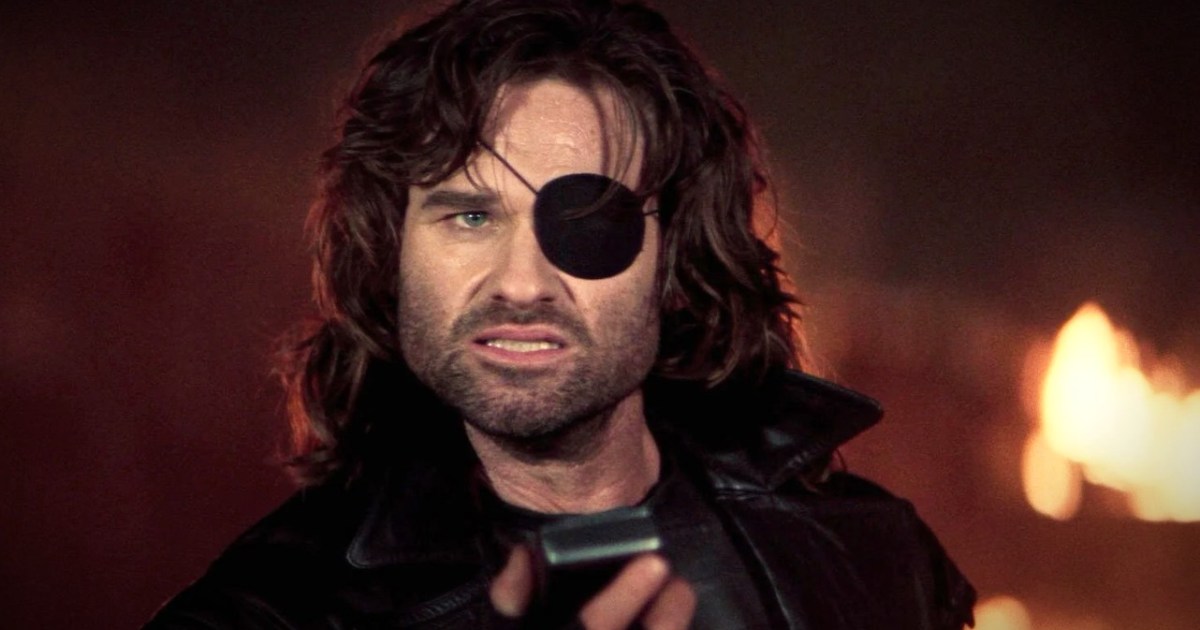
On this day in 1996, John Carpenter finally directed a sequel to one of his films. While historically it might be seen as a failure, Escape From L.A. is a genuinely entertaining follow-up to 1981’s Escape From New York that deserves a bit more respect.
Kurt Russell returns as Snake Plissken, thrust into yet another death-defying mission on behalf of the government. This time he must infiltrate Los Angeles, which has become an island filled with the worst of the worst. Once in, he needs to retrieve the control unit for a doomsday unit to prevent nuclear annihilation. Of course, it’s not as simple as it could be.
Joining Russell was Steve Buscemi as the slimy agent-type Map to the Stars Eddie, Pam Grier as Hershe Las Palmas, Peter Fonda as Pipeline, and Bruce Campbell as the demented Surgeon General of L.A.
John Carpenter had contributed to sequels to his films before, such as Halloween 2, but Escape From L.A. remains the only sequel he’s ever handled himself. For many reasons, that would be an unfortunate statistic.
A Less Than Sweet Escape
Escape From L.A. cost $50 million to make and only recouped half of that at the box office after a critical hammering. CGI was still relatively new for many studios and Buena Vista Visual Effects had never used computer effects before. So it was unsurprising that Escape From L.A. was roundly criticized for its terrible CG.
Coming 15 years after the original, Escape From L.A. certainly suffers from a perception of what it should be rather than what It is. Arguably, Carpenter’s style was just not gelling with Hollywood as the 90s crept into view, and Escape From L.A. doesn’t help itself with a scathing stab at Hollywood and its typical movie business nonsense.
Escape From L.A. is a knowingly goofy movie that’s far smarter than it appears on the surface. Its satire of Hollywood and sequels themselves makes it an abrasive watch for reasons beyond the visual shortcomings. Yes, it seems like a ‘safe’ sequel for Carpenter, but I’d argue it’s as experimental and creative as anything Carpenter made in the ’70s and ’80s. The unfortunate cheap sheen just makes it harder to swallow.
Life After L.A.
Carpenter went on to direct just three more films after this, each suffering a similar critical and commercial fate. Vampires is one of the weakest movies in his filmography, Ghosts of Mars is a fun mess, and The Ward is largely forgettable.
But Carpenter is more than happy with life away from the director’s chair. He’s composed soundtracks for the more recent Halloween films, toured his music around the world, and after hopes of him directing a Dead Space film were quashed, he’s taken the reins on a video game in the form of John Carpenter’s Toxic Commando.
